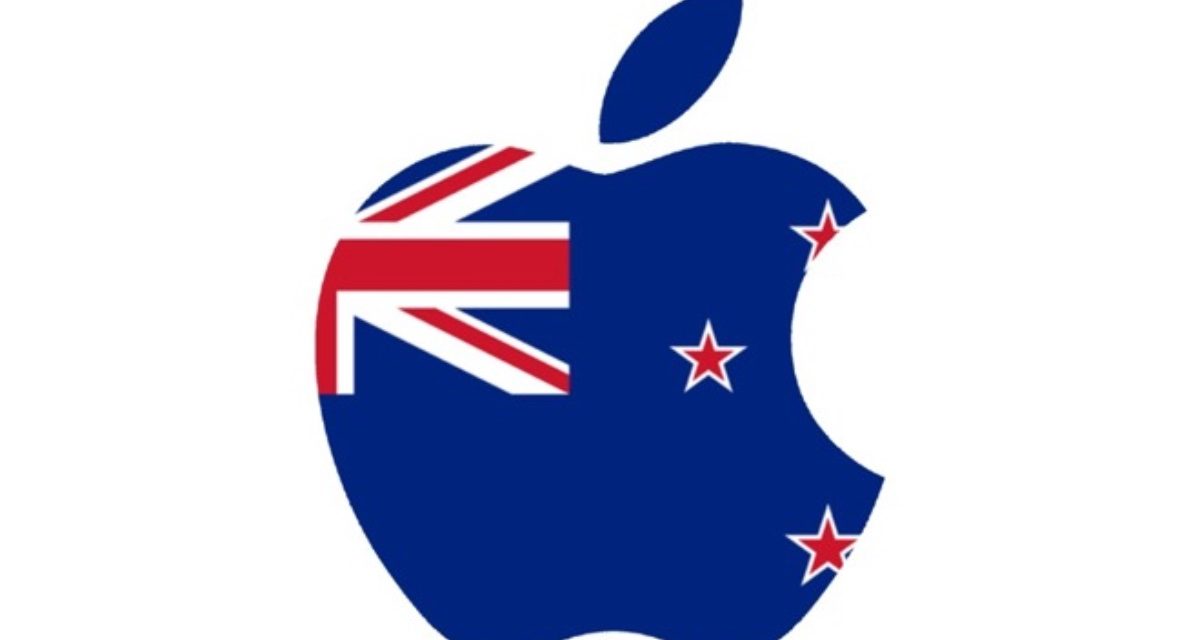Apple, Google, and Amazon will give evidence at an Australian Senate inquiry into the influence of international big tech company companies in Australia, reports Business News Australia (a subscription is required to read the entire article).
The inquiry is to determine exactly how much influence such companies have on the country’s influence over Australian markets and the country’s democracy. In its submissions to the Senate, Apple focused on its efforts to ensure user privacy as a fundamental human right.
Apple also insisted that it went beyond compliance with legal requirements for privacy. The tech giant also asserted that it collected less user data than other tech companies, and didn’t rely on the monetization of user data, nor tracking or analysis of the information.
This isn’t Apple’s first skirmish with the Australian government. On June 7, the Australian Government released its Strategic Plan for Australia’s Payments System, outlining the Government’s policy objectives and priorities for reform. Pushing back against the proposal being considered by the government to extend Reserve Bank powers to digital payment platforms, Apple said the move could backfire by weakening the privacy and security of iPhones.
The rules will affect Apple Wallet, Apple Pay, and similar services by companies other than Apple. Current rules by the Australian government don’t allow the government to impose rules on tech firms regarding smartphone access and price regulation.
In its argument against the new plan, Apple says its Wallet is effectively a “digital reproduction of a physical wallet, and no more a payment system or participant than an actual physical wallet would be,” notes the Financial Review. What’s more, the company claims that the design of Apple Wallet is meant to be pro-competitive, since it allows smaller banks and fintech companies more access, as well as more choice in what card they use. Finally, Apple argues that Apple Pay is a limited player in the mobile payments system, so doesn’t create a financial risk to banks.
Article provided with permission from AppleWorld.Today




